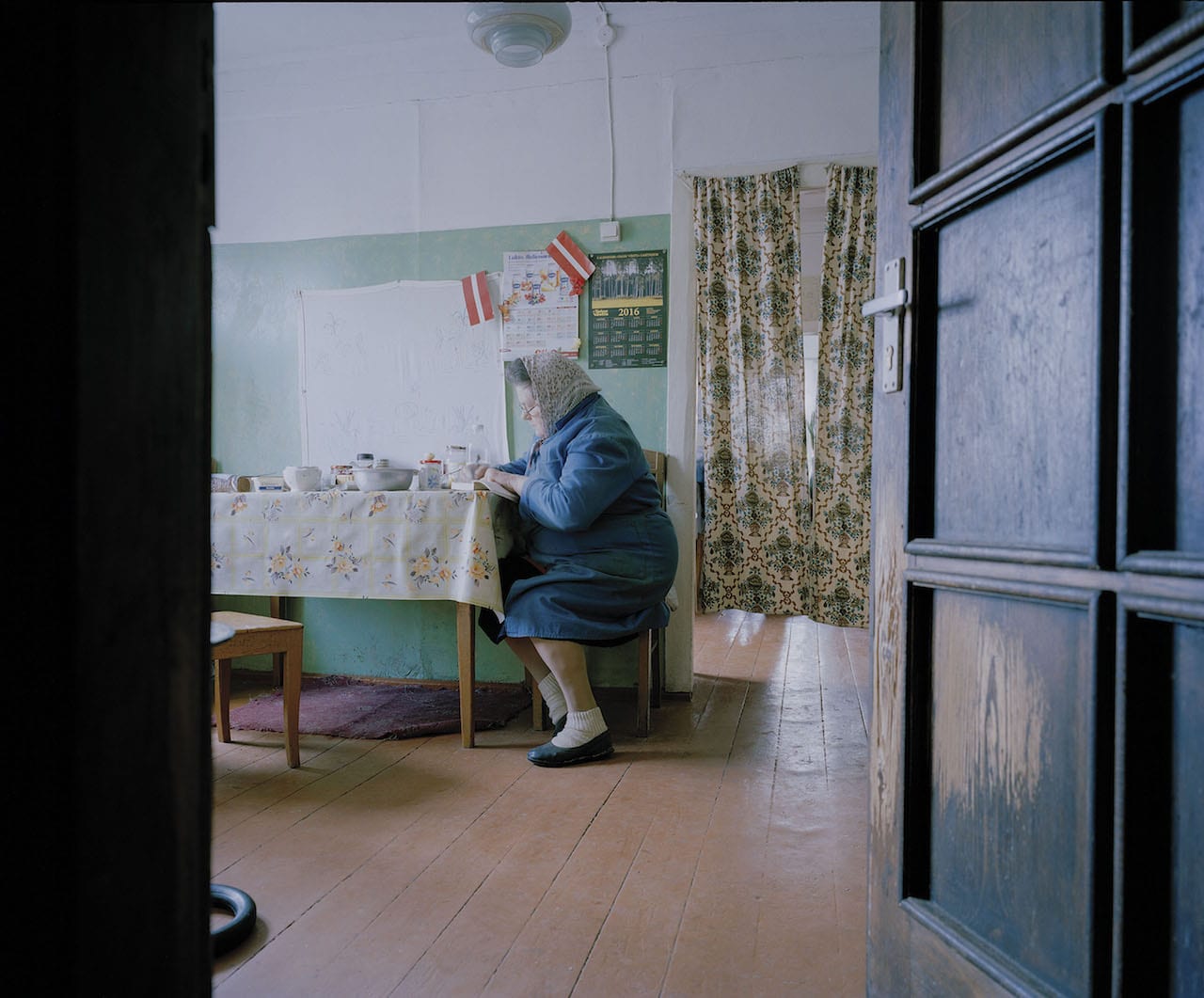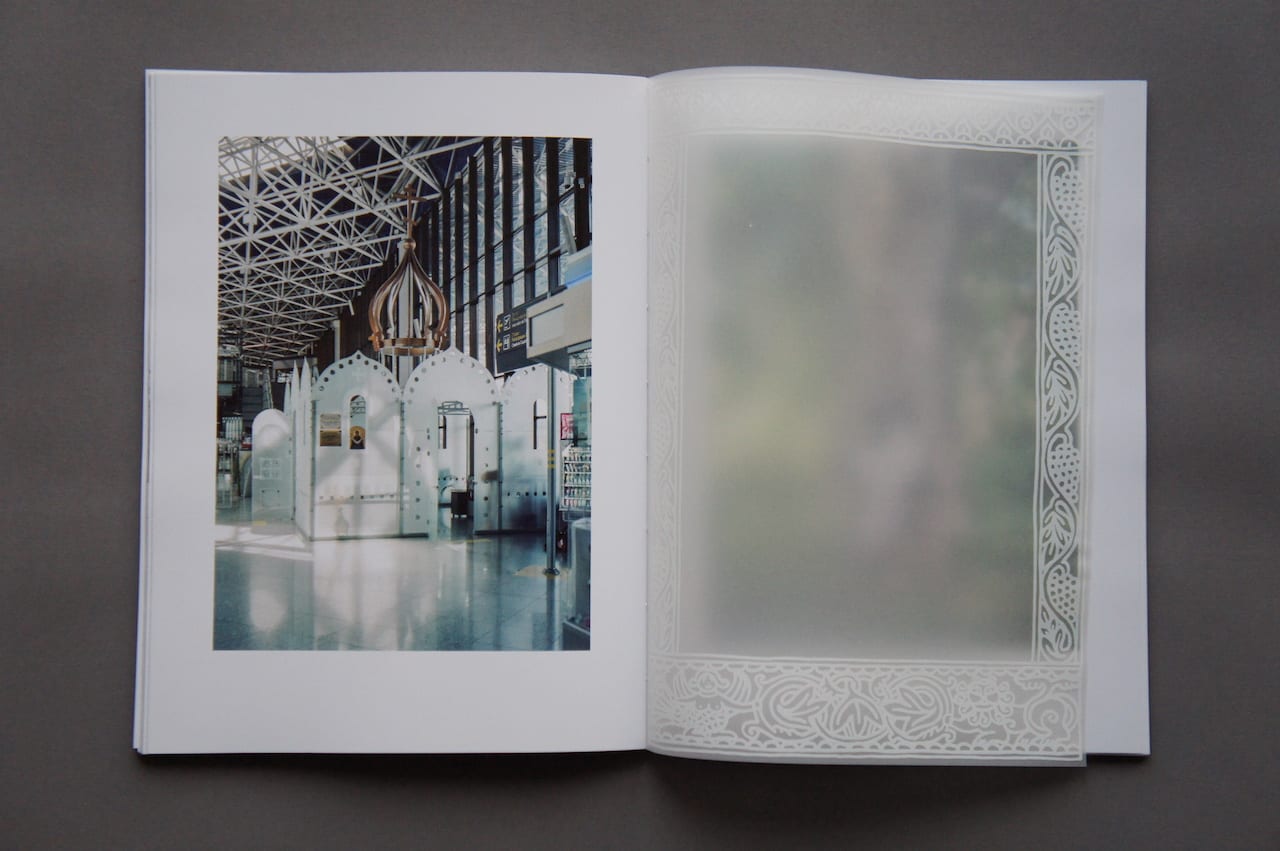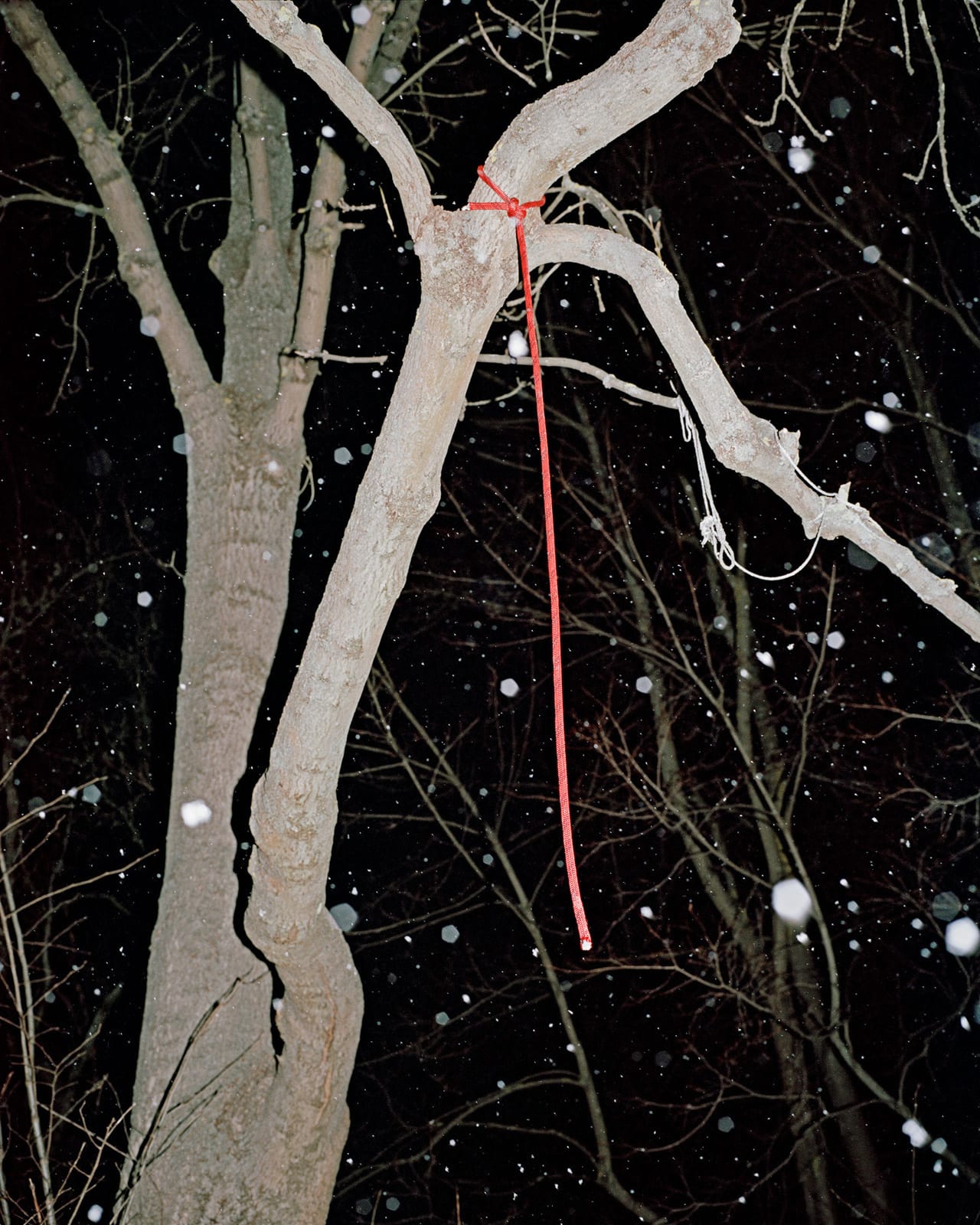Arnis Balcus, photographer, editor in chief of FK Magazine and director of Riga Photomonth, picks out the projects that caught his eye, including Georgs Avetisjans’ Homeland The Longest Village


Arnis Balcus, photographer, editor in chief of FK Magazine and director of Riga Photomonth, picks out the projects that caught his eye, including Georgs Avetisjans’ Homeland The Longest Village

“When I became a parent, I had the idea to make a photographic book for children,” says Russian photographer Andrey Ivanov, who has won the Photobookfest Dummy prize. “I started to photograph subjects and images of Russian fairy tales. At first it was a series of purely staged photos, but then I began to notice that some of the documentary photos I found fitted perfectly into this fabulous series.
“The fairy tale is the most authentic source of Russian archetypes. As the saying goes: ‘A fairy tale is a lie – yet there is a hint in it, a good lesson to good fellows’. The viewer follows the photographic tracks of the main hero of the fairy tale, referring to the cultural codes of the collective unconscious, and guesses or recognises the fairy-tale images, or hints of them.”

“One could easily say there’s nothing to photograph there, because it’s just like any other park,” says Latvian photographer Arnis Balcus of Victory Park. Situated in the Latvian capital Riga, Victory Park [‘Uzvaras Park’ in Latvian] was officially opened in 1910, in the presence of Tsar Nicholas II and the Mayor of Riga. But, as Balcus explains, “it is a park with a complex history”. First built to commemorate Latvian independence, the park was given its current name after the Soviet victory over Nazi Germany in WWII, and as such “embodies the historical trauma of a small Baltic nation”, says Balcus. It’s famous for its Victory Monument which, at 79m high, looms over Riga’s skyline and provides a daily reminder of the controversial issue it signifies.